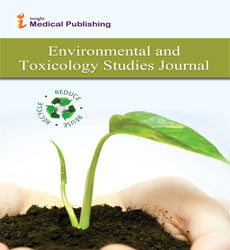Scientific ethics and concise ethical applications
Marcello Menapace*
M&Ms Consulting Ltd, UK
Received Date: 2022-07-05 | Accepted Date: 2022-07-12 | Published Date: 2022-07-18
Abstract
Scientific ethics (SE) as previously defined by the author does have broad applications in other scientific fields especially those that are less theoretical and more practical. Applied science is an umbrella term to define several diverse areas of research (including but not limited to robotics, biotechnology, environmental sciences, etc.), all worthy of being the independent objects of ethical analysis. Through logic application of the already defined principles, SE can speak with authority on practical questions (like the morality of actions). After a brief introduction on the theoretical/philosophical features of SE, each field will be assessed highlighting the most relevant advances in both current and future societal and moral issues related to those fields. Special attention will be devoted to the visionary outlook of interdisciplinary philosophical stances generally grouped under the term futurism. Two examples and without prejudice to the other areas are: conservation social sciences (having separate issues with respect to environmental science) and information and communication technology (ICT). The commonality with both fields is that the implications have become already situated in the very fabric of our daily lives. SE aids us in the understanding of the real impact of these applied sciences in our physical/mental lives and gives us a sound framework (moral standards) with which construct a common ethical viewpoint
Open Access Journals
- Aquaculture & Veterinary Science
- Chemistry & Chemical Sciences
- Clinical Sciences
- Engineering
- General Science
- Genetics & Molecular Biology
- Health Care & Nursing
- Immunology & Microbiology
- Materials Science
- Mathematics & Physics
- Medical Sciences
- Neurology & Psychiatry
- Oncology & Cancer Science
- Pharmaceutical Sciences
